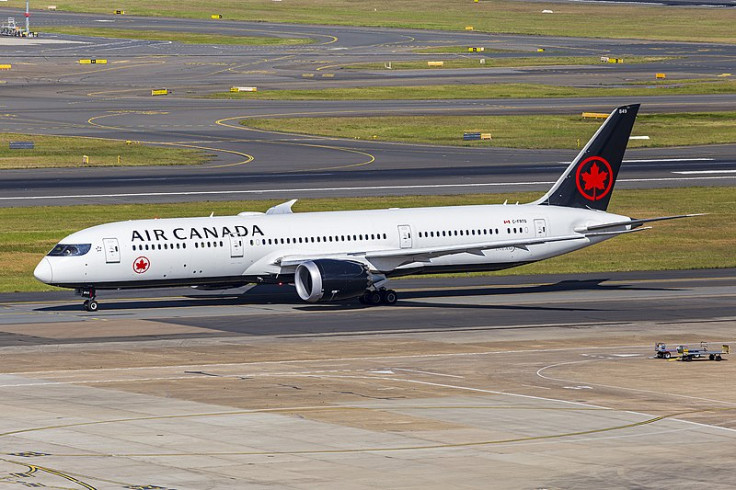Latest News
Latest Ads
-
Jasmine Jewel
Call
-
Omidan group
Call
-
Amir Madanpour
Call
-
Dimo studio
Call
-
Yorkacademy
Call
-
Maryambagheri
Call
-
Shishlix Restaurant
Call

Air Canada flight attendants have voted in favour of strike action. Here’s how that could affect your travel plans.
Air Canada flight attendants voted overwhelmingly to strike, a move that could take effect in mid-August and disrupt many travelers’ travel plans.
The Canadian Union of Public Employees (CUPE), which represents more than 10,000 Air Canada flight attendants, said 99.7 percent of its members have agreed to strike action. The union can officially declare a strike on August 16 and begin it after 72 hours.
In a statement, the union’s Air Canada president, Wesley Lesoski, said the company was not serious about negotiations and wasting time. “The vote is a clear message to the company that it needs to engage in serious and fair negotiations,” he added.
The flight attendants’ main demands include higher wages, full pay for all hours worked and improved working conditions. The union has stressed that flight attendants are very unhappy with the current situation and are no longer willing to continue working without tangible changes.
What to do if there is a strike?
With the possibility of strikes increasing, concerns about flight delays or cancellations have increased. Travel experts are advising travelers to have a backup plan.
Jennifer Weatherhead, a Toronto-based travel expert, suggests travelers start thinking about booking flights, accommodations, and transportation that can be canceled. “Flexibility is the key to success,” she says.
She also recommends paying more for refundable tickets. While they’re more expensive, you’ll be less likely to be affected if your flight is canceled or rescheduled. Cheaper tickets are often non-refundable, don’t allow for seat selection, and may even have carry-on baggage fees, she says.
Weatherhead also recommends travelers check their travel insurance to make sure it covers strikes. If the airline issues flight disruption warnings and offers free ticket changes, it’s best to act quickly to avoid missing out on better deals.
What if your flight is canceled?
Gabor Lukasz, president of Air Passenger Rights Canada, says you shouldn’t rush into rebooking. “Wait until your flight is canceled. You have certain rights if it’s canceled,” he says.
Under Canada’s Air Passenger Protection Regulations (APPR), if an airline cancels a flight, it is obligated to provide meals, accommodations, and up to $1,000 in compensation — as long as the cancellation was within the airline’s control.
But if a strike officially begins, the airline is no longer obligated to pay compensation. However, international travelers can seek compensation under the Montreal Convention.
If a strike causes a delay of more than 3 hours or a flight cancellation, the airline is required to offer a replacement ticket or a full refund. If it can’t provide a replacement flight within 48 hours, it must offer the passenger a ticket on a competing airline — even if it’s only available in a higher class of seat.
Summary:
If you’re flying with Air Canada, there’s no immediate need to change your plans, but it’s a good idea to consider alternative options and travel insurance. If your flight is officially canceled by Air Canada, you’re entitled to certain rights, including a refund, alternative services, and in some cases, cash compensation.
Source
Suggested Content
Latest Blog
Login first to rate.
Express your opinion
Login first to submit a comment.
No comments yet.


































